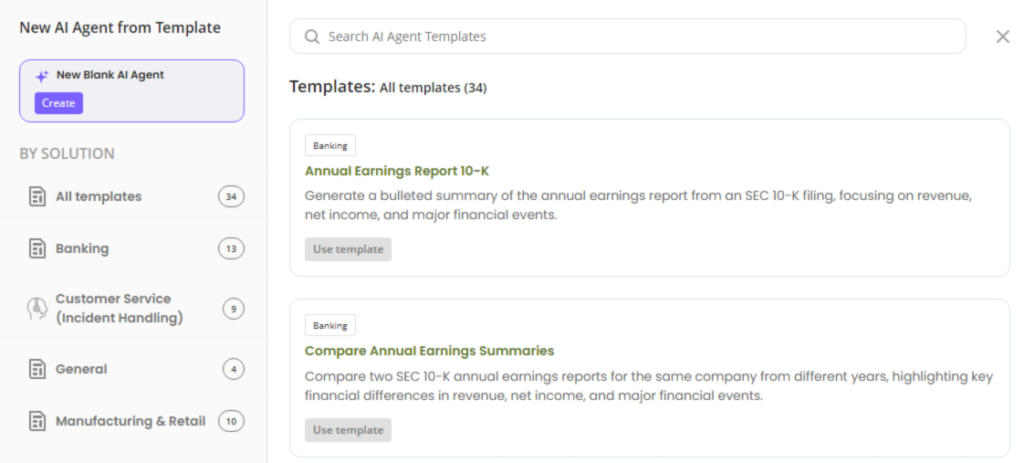Introduction
Postman is a powerful API testing tool that allows developers and testers to send requests, validate responses, and automate workflows. While Postman works seamlessly with JSON APIs, working with XML responses often requires additional processing.

In this article, we will:
- Configure Postman to make web service calls.
- Explain why XML transformation is necessary.
- Use JavaScript in Postman’s “Tests” tab to modify XML responses dynamically.
By the end, you’ll be able to restructure API responses in real-time, making API testing more efficient.


